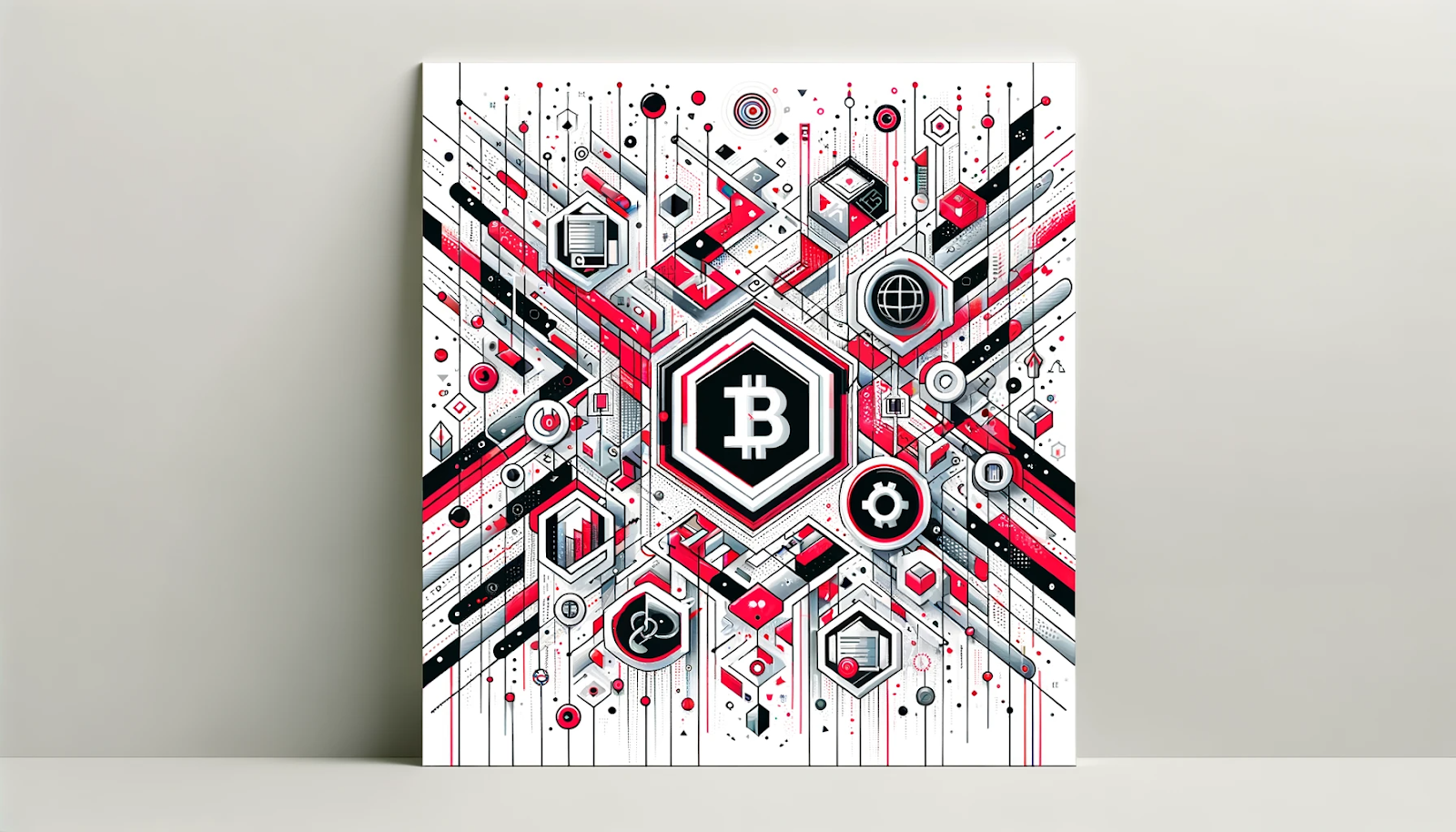Revolutionizing Patient Care: How Blockchain And Decentralized Healthcare Are Changing The Game
Revolutionizing Patient Care: How Blockchain and Decentralized Healthcare Are Changing the Game

- Digital Collectibles And Art Take Center Stage The Rising Prominence Of Nfts
- Unlocking The Potential Of Decentralized Finance With Cryptocurrency
- A New Era Of Network Security: Leveraging The Power Of Unique Proof Of Stake
- The Benefits Of Using Blockchain For Transparent Voting Systems
- What Are Flash Loans In Defi And How Do They Work
Imagine a world where your medical history is completely secure, yet accessible to any healthcare professional you trust. Where prescriptions are automatically verified and insurance claims are processed seamlessly. Where clinical trials are more efficient and effective, and medical research is accelerated. This isn’t the future – it’s the present, thanks to the intersection of blockchain and decentralized healthcare.
At the heart of this revolution is the concept of decentralized healthcare, which empowers patients to take control of their medical data. Traditional healthcare systems are often fragmented, with different providers and organizations holding disparate pieces of information. This can lead to errors, inefficiencies, and a lack of continuity in care. Decentralized healthcare flips this script, using blockchain technology to create a secure, transparent, and patient-centered model.
So, how does it work? In a decentralized healthcare system, patients are the sole owners of their medical data. This data is stored on a blockchain, a distributed ledger that is virtually tamper-proof. When a patient seeks care from a new provider, they can grant access to their blockchain-based electronic health record (EHR), ensuring that the provider has the most up-to-date and accurate information. This not only improves care coordination but also reduces the risk of medical errors.
But that’s just the beginning. Blockchain-based solutions can also simplify the often-cumbersome process of clinical trials. By creating a decentralized, transparent, and secure platform for data collection and analysis, researchers can accelerate the development of new treatments and therapies. This, in turn, can lead to faster approvals and more effective care for patients.
Another area where blockchain is making waves is in the realm of telemedicine. With the rise of remote healthcare, there is an increased need for secure and reliable platforms that can facilitate virtual consultations. Blockchain-based solutions can provide this, enabling patients to securely share their medical data with healthcare professionals from the comfort of their own homes.
Meanwhile, insurance companies are also getting in on the action. By using blockchain to automate claims processing and verify prescriptions, insurers can reduce administrative costs and improve the overall patient experience. This can lead to lower premiums, faster reimbursement, and more affordable care for everyone involved.
Of course, with any new technology, there are challenges to overcome. One of the biggest hurdles facing decentralized healthcare is interoperability – or the ability of different systems to communicate with one another. However, a growing number of organizations are working to develop standards and protocols that will enable seamless interaction between different blockchain-based platforms.
As the intersection of blockchain and decentralized healthcare continues to evolve, one thing is clear: the future of patient care is looking brighter than ever. By putting patients at the center of their medical data and empowering them to take control of their care, we can create a more efficient, effective, and compassionate healthcare system for all.
In this new era of decentralized healthcare, the possibilities are endless. Whether you’re a patient, provider, or simply a healthcare enthusiast, there’s never been a more exciting time to be a part of this revolution. So, buckle up, and get ready to ride the wave of change that’s transforming the face of healthcare as we know it.
